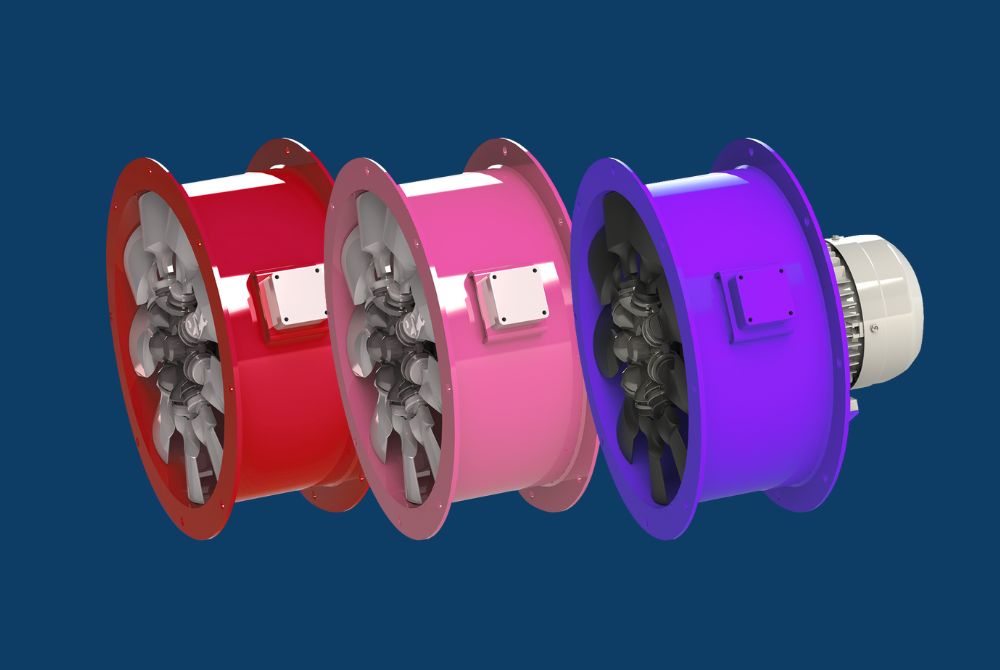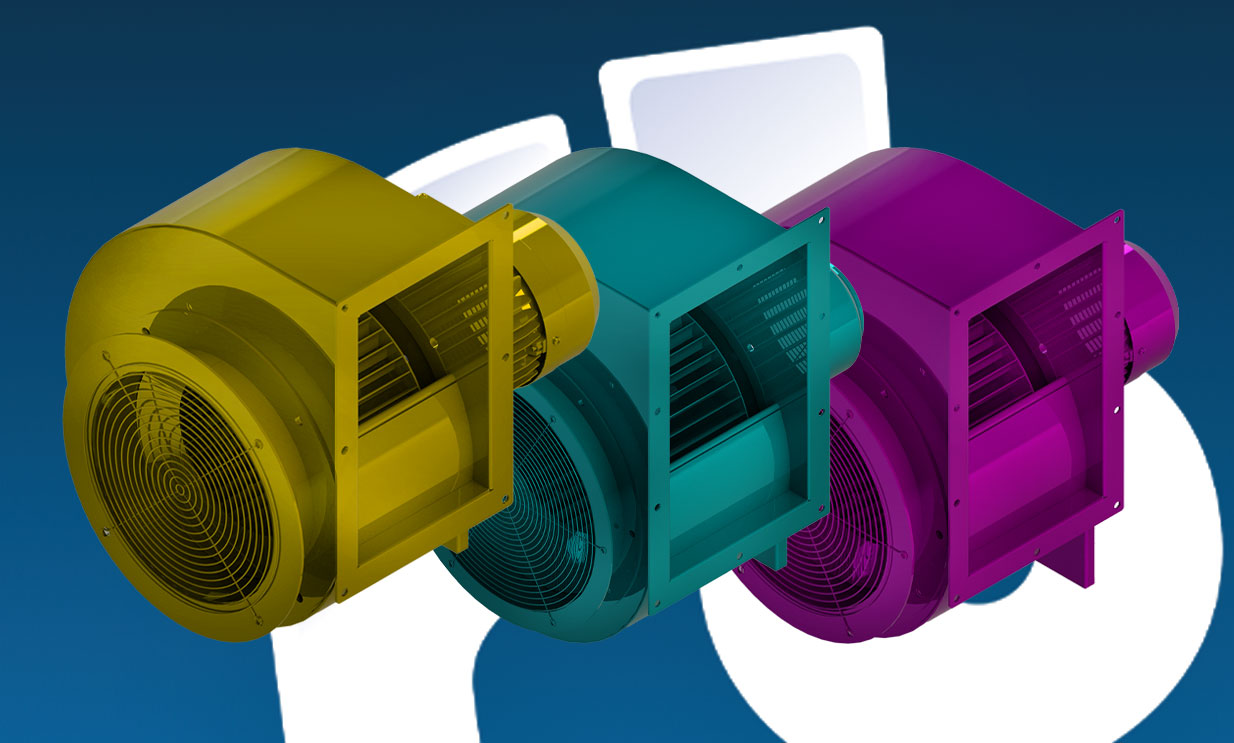


News
01.10.2024
In the world of industrial fans and blowers, the significance of maintaining clean airflow cannot be overstated. Inlet filters play a crucial role in safeguarding your equipment and ensuring optimal efficiency. In this blog, we will explore the importance of inlet filters, how they work, and the benefits they offer for your fans and blowers.
Inlet filters are designed to trap dust, debris, and other contaminants before they enter the fan or blower system. By preventing these particles from infiltrating the equipment, inlet filters help maintain clean airflow and protect vital components, extending the life of your machinery and enhancing its overall efficiency.
Inlet filters operate by utilising various filtration media to capture airborne particles. They can be made from synthetic materials, fibreglass, or even metal mesh, depending on the application and the level of filtration required. The airflow passes through the filter media, which captures contaminants while allowing clean air to flow into the fan or blower. This process is vital for maintaining the system's efficiency and preventing wear and tear on internal components.
Enhanced Equipment Longevity: By trapping dust and debris, inlet filters protect sensitive components within your fans and blowers. This protection reduces the risk of damage and costly repairs, extending the life of your equipment.
Improved Performance: Clean airflow ensures that fans and blowers operate efficiently. When filters are dirty or clogged, airflow is restricted, leading to decreased performance and increased energy consumption. Regularly maintaining and replacing inlet filters keeps your equipment running smoothly.
Energy Efficiency: A clean inlet filter helps fans and blowers operate at optimal airflow rates. When airflow is restricted due to dirty filters, the equipment must work harder to maintain performance, leading to higher energy costs. By ensuring clean airflow, you can improve the overall energy efficiency of your systems.
Reduced Downtime: Regular maintenance of inlet filters minimizes the likelihood of unexpected equipment failures. When filters are replaced or cleaned on schedule, you reduce the risk of downtime due to maintenance issues, keeping your operations running smoothly.
Enhanced Air Quality: Inlet filters not only protect your equipment but also contribute to improved indoor air quality. By filtering out harmful particles, they help create a healthier environment for workers and reduce the risk of respiratory issues.
Find out more about our fume extract fans here.
Selecting the appropriate inlet filter for your fan or blower system is essential. Consider the following factors:
Filtration Efficiency: Choose a filter that captures the specific particles relevant to your application. Higher-efficiency filters may be necessary in environments with fine dust or hazardous materials.
Airflow Resistance: Ensure the filter allows sufficient airflow without causing excessive resistance. A filter with too high a resistance can reduce the performance of your fan or blower.
Maintenance Requirements: Consider how often the filter will need to be cleaned or replaced. Some filters are washable and reusable, while others are disposable.
Material Compatibility: Ensure the filter material is compatible with the environment and any potential contaminants present.
Inlet filters are a vital component of any fan or blower system, playing a crucial role in maintaining clean airflow and protecting your equipment. By investing in high-quality inlet filters and adhering to a regular maintenance schedule, you can enhance the performance, longevity, and energy efficiency of your fans and blowers while contributing to a healthier work environment.
Return To NewsKeep up to date with our
Our Range


Worldwide shipping
International standards
High performance

